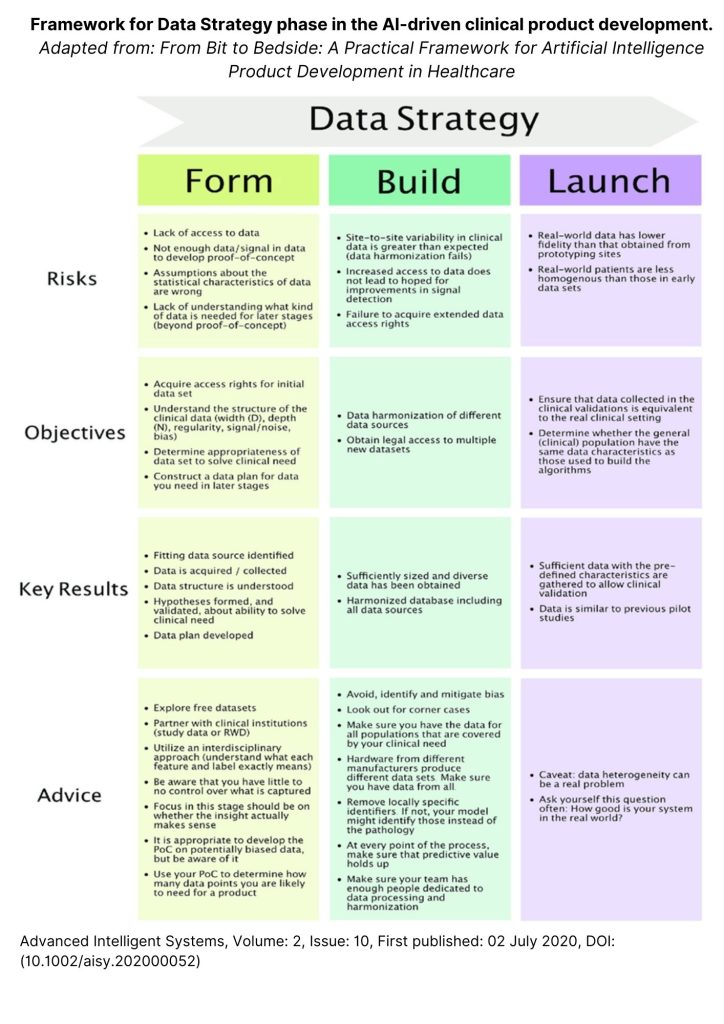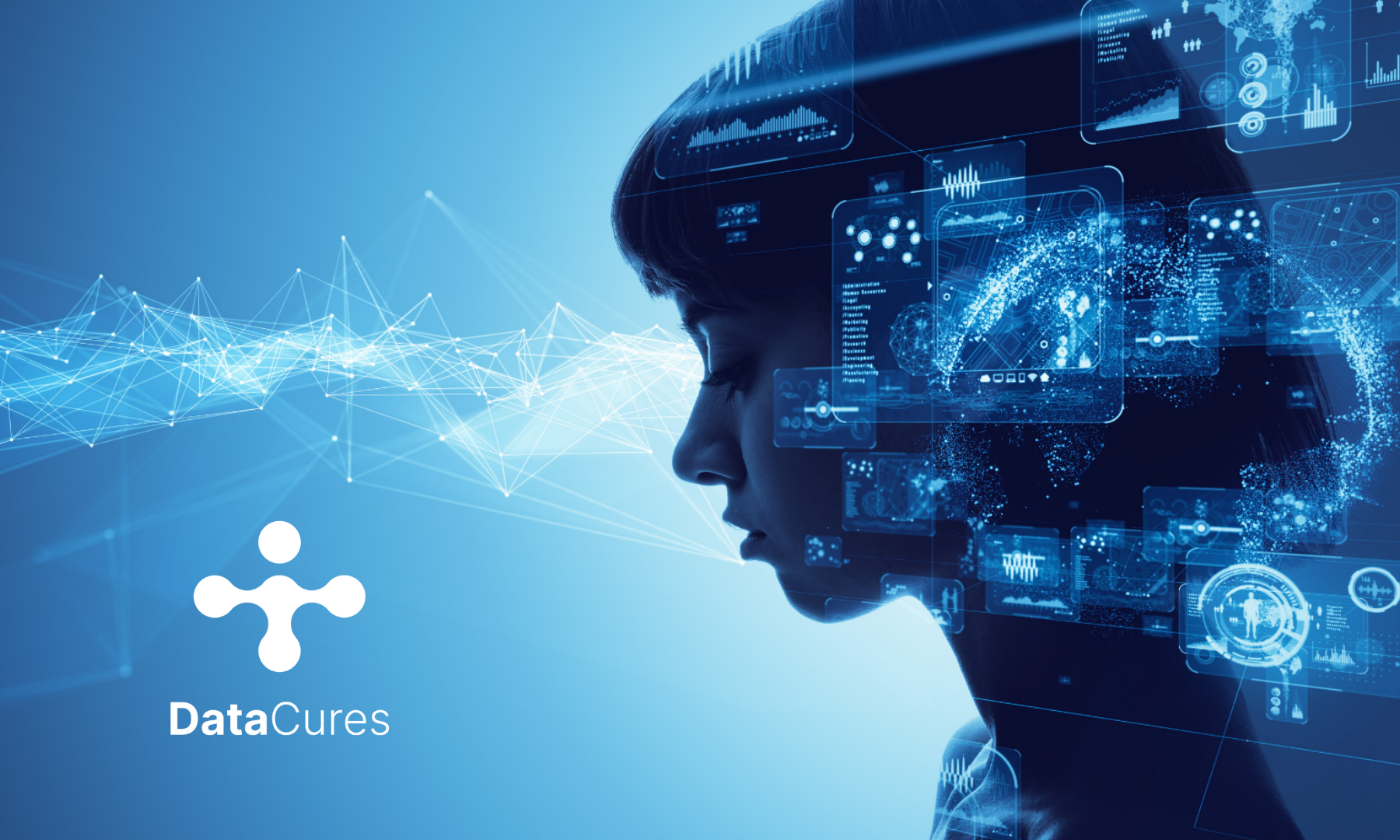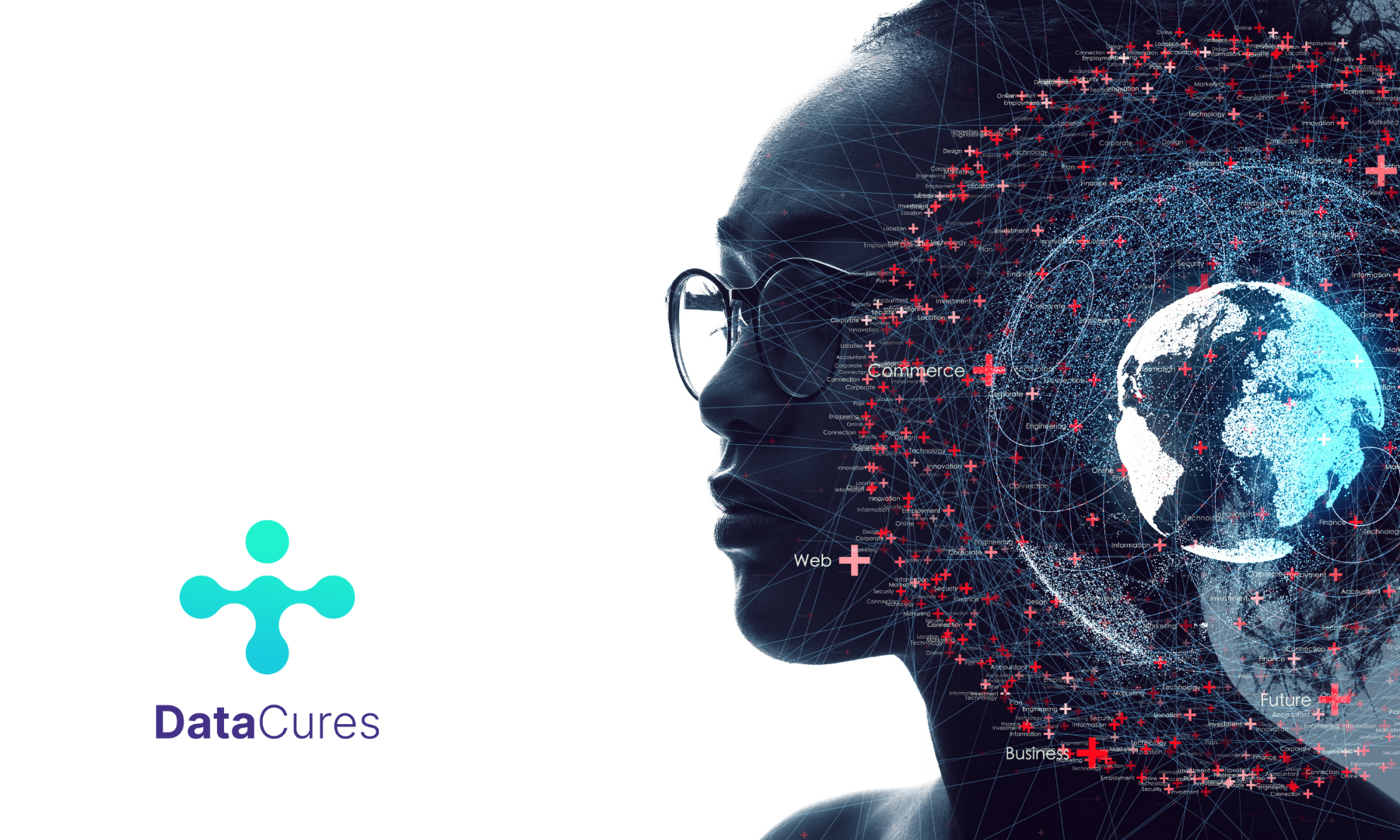
AI is considered to have brought the fourth industrial revolution to us. Yet while AI healthcare innovations are stealing headlines, there is still not one stand-alone AI application. It would be a standard for care. Before we dive into that issue, let’s consider first how AI can be a tremendous asset for healthcare professionals.
Why AI in healthcare is a trend?
Natural language processing, state of art computer vision, and recommender systems – all are modern AI techniques and machine learning methods. They have the potential to improve our everyday lives.
When it comes to medicine, AI algorithms have been centred around processes that approximate human capabilities and resources. As an easy example, analyzing patient data, setting up a diagnosis, or giving medical advice to outpatients.
Not surprisingly, the fastest-growing AI applications in healthcare are telehealth, robotic surgeries, and high-tech pharmaceuticals.
Algorithms, machine learning, and deep learning may tackle the globally prevalent challenges in health care systems. Here mentioned a number of AI solutions in health care:
Support decision making
Machine learning identifies patterns and enables doctors to set up diagnoses sooner. They diagnose more confidence than they would if they only relied on human resources. It is proving itself especially useful in radiology where visual pattern recognition techniques can detect malignant tumors in scans. Tumors that trained radiologists would potentially miss.
Reduce costs
fewer human resources mean fewer costs. More efficient logistics and administration also lead to a reduction in expenses. This is what AI algorithms are generally good at. A myriad of startups is offering AI solutions to ease the financial burdens for hospitals as well as patients. From reducing time spent on routine operations to avoiding physician burnout and decreasing workload.
Increase access to quality healthcare
Advances in machine learning used in clinical settings such as signal processing, image classification, and spotting medication errors promise better personalised and value-based care for patients.
The rapidly growing sector of telehealth promotes patient inclusion and overcomes accessibility challenges. While visiting a doctor virtually is convenient, saves time, and reduces the risk of infections, it also raises data privacy concerns.
More precision – fewer errors
Hospital managers seek solutions that could reduce medical and administrative errors in the day-to-day activities of the hospital. Applied in healthcare, machine learning techniques have the potential to offer personalised treatments and monitoring with lower error rates than traditional medicine.
Furthermore, pharmaceutical and biotech firms would also welcome solutions that lead to a reduction of time and errors in the discovery of new molecules. Some startups already claim to offer AI solutions that decrease the process from three years to a couple of months, reducing funds from two to ten times, but this is too, yet to be available on a wider industry level.
Where does AI come to a halt then?
Can Artificial Intelligence (AI) Solve the Pressing Health Equity Issue?
Despite the increasing number of headlines, articles, and use cases reporting on innovative AI methods applied to healthcare, routine clinical use and standard of care are still scarce.
To scale an AI product from an MVP (minimum viable product), a series of steps must be followed that startups are well-aware of. However, innovations in healthcare – be it AI or not – have a different process. As it is a highly regulated and relatively conservative market, and the cost of error for innovations is higher, the evidence must be presented first that the product or service is safe.
Although medical AI is a type of digital technology, it is vastly different from consumer-tech AI products. Therefore, it requires a unique business model. Innovators should rely on the biotech business model. This sits the closest to an AI-enabled medical solution regarding regulatory and marketing burdens.
Regulatory and clinical requirements difficult to meet
Moreover, the product must also be proved to enhance treatment outcomes or decrease costs. In the case of accepting it as a standard of care. Further regulatory and clinical requirements also need to be met to make the product available for everyday medical use.
Startups, innovators, and researchers do often not prepare for such hurdles. Specifically, if they are following the examples of AI product development processes of other industries.
The lack of understanding of these challenges can lead to failure and wasted resources.
AI healthcare product development needs a specific framework
Madai and Higgins addressed this issue and developed a practical guide. An innovation framework for AI healthcare product development that better suits the peculiar and regulated world of healthcare.

How data analytics and AI Can Make Hospital Infections a Thing of the Past
Another issue that holds the deployment of AI advancements back is the lack of reporting and data collection standards for developing models and validating processes. With inaccurate data at hand, machine learning algorithms will register wrong patterns, which can lead to biases, inaccurate classifications or predictions and eventually, negative consequences in certain populations.
To maintain high quality and assess the effectiveness of AI models in healthcare, Bozkurt et al. suggested using regulated reporting standards. They presented a framework, dubbed MINIMAR (MINimum Information for Medical AI Reporting), which aims to manage concerns regarding data accuracy and generalisability of emerging technologies.
The future of AI in healthcare
All in all, AI in healthcare can be a revolutionary tool to increase the quality of healthcare and reduce overall costs. There are, however, several challenges that need to be addressed to enjoy the full potential of the technology. The most common pitfalls are:
- lack of understanding of the AI value structure
- Lack of quality data to train algorithms
- Bias in training data
- Misclassified business cases
- Lack of funding, as investors don’t understand the product
- Difficulty to scale or validate in real-world settings
The scaling and transition of AI healthcare products to clinical practice are prone to failure. Until we overcome the listed challenges, fulfilling the promise of AI in healthcare remains out of reach.
Read more on the ethical aspects of AI in healthcare to learn about deskilling.





